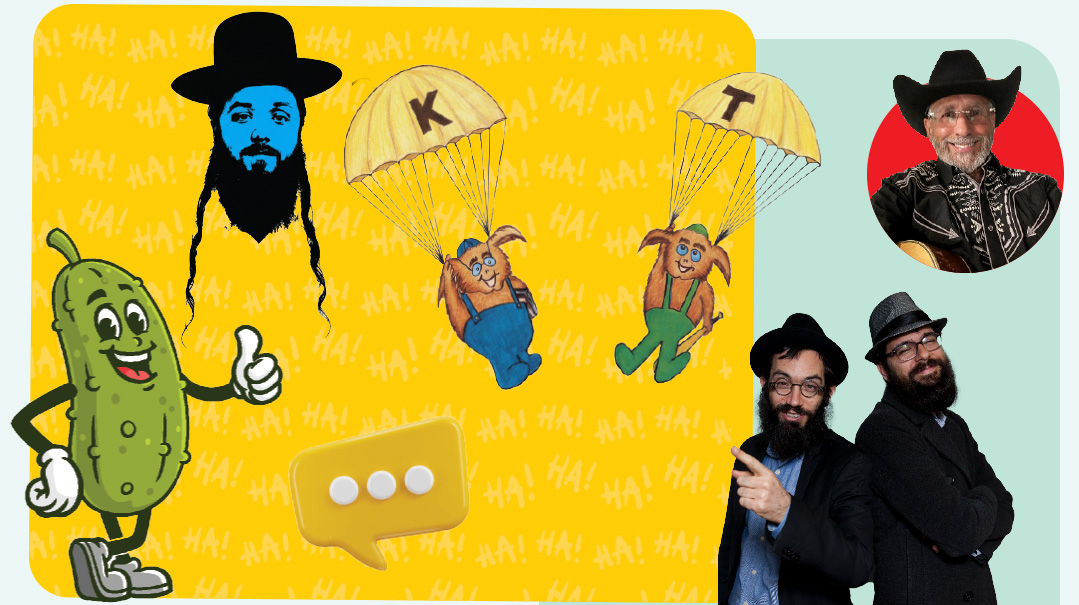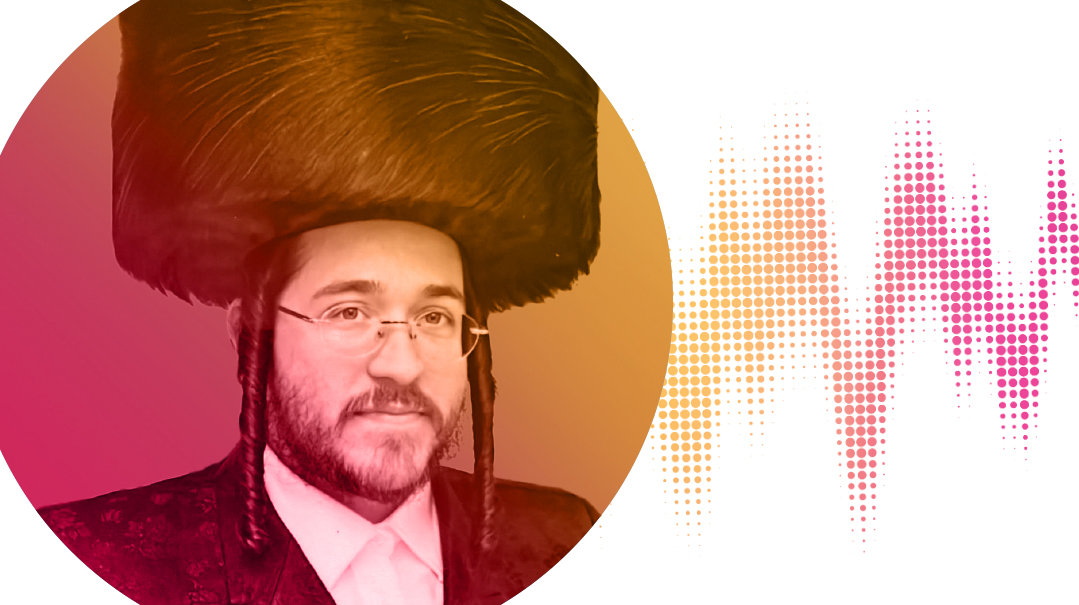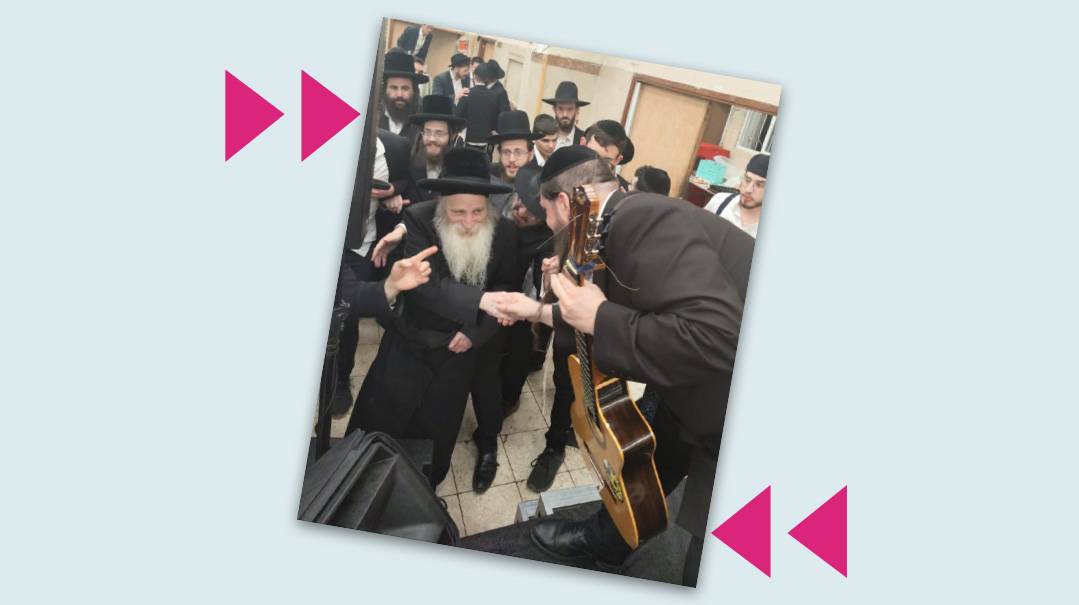Mountain Music

A
s we begin the annual summer drive up to the mountains, heading for our bungalows (better known today as summer homes), I, for one, am flooded with memories of the good old days in the Catskills. Who can forget spending eight weeks crowding into a shack with a ripped screen door, sleeping with one foot in the fridge and the bug zapper for background noise?
How did Jewish music make its way up to the country? In the 1960s, anyone who wanted to be a part of the Jewish music scene would perform at the Pioneer Country Club. Every Motzaei Shabbos there was a show in the Pioneer auditorium, and so many of the big stars of Jewish music made their debuts there: Shlomo Carlebach, Jo Amar, Rabbis’ Sons, and Ohr Chodosh, just to name a few. Take a guess what the admission fee was back then: Just 99 cents!
After the Pioneer Hotel burned down in the early ’70s, Davidman’s Homowack Lodge was the place to be. They also had shows every Saturday night, but they were mostly opened to guests only. I remember Sam Davidman telling me that whoever was performing on Motzaei Shabbos determined how quickly the hotel booked up.
Then there was La Vista Hotel in South Fallsburg, which was owned by my good friend Leo Zucker. I ran all the performances back then. I remember one Shabbos Nachamu weekend — we had Shlomo Carlebach, Yoel Sharabi, Megama Duo, Ruach Orchestra, the Piamenta Brothers, Sandy Shmueli, Leibele Haschel, and Ran Eliran, all in one weekend.
There were also the bungalow concerts. Hundreds of people packed into one small bungalow colony shul — a fire hazard, to say the least — and the artist usually performed with just a keyboard, because there wasn’t room for more. Those were colonies like Irvington, Cutlers, Moonlight Cottages, and Beverly Hills. Today, many colonies hire their own performers, but they don’t allow in outsiders, preferring to keep the evening a private event.
Now, performers are often late to these summer concerts, due to the traffic and travel. Many years ago, Yossi Piamenta a”h was scheduled to perform at a certain summer camp. The concert was called for 8 p.m., and by 8:20, all the campers were in the gym, anxiously awaiting the show — but there was no sign of Yossi. By 9 p.m., the children were restless, but still no sign of Yossi. There were no cell phones in those days, so we had no way of contacting him.
The head counselor decided to give it until 9:30, and the other musicians waited patiently for his arrival. At 9:35, when all hope for a show was gone, in walked Yossi, wearing his trademark Bukharian yarmulke and a big smile on his face. The camp went wild.
After his first song, Yossi apologized for being late, and in his memorable way of speaking, he explained what had occurred: After he got onto the thruway, his car began to shake. When he reached exit 112, the car was significantly slowing down. He made it off the exit and into a local gas station. The mechanic there was just closing up shop and informed Yossi that he would love to be of help, but Yossi had a broken transmission.
“Are you sure?” Yossi asked.
“Yes. I’m sure,” the mechanic answered, “because the car works in reverse, but not in drive.”
Yossi thought for a minute and then said to himself, “I can’t upset all these campers.” So he turned his car around and drove all the way to the camp in reverse.
Yossi, there was no one like you!
(Originally featured in Mishpacha, Issue 716)
Oops! We could not locate your form.












